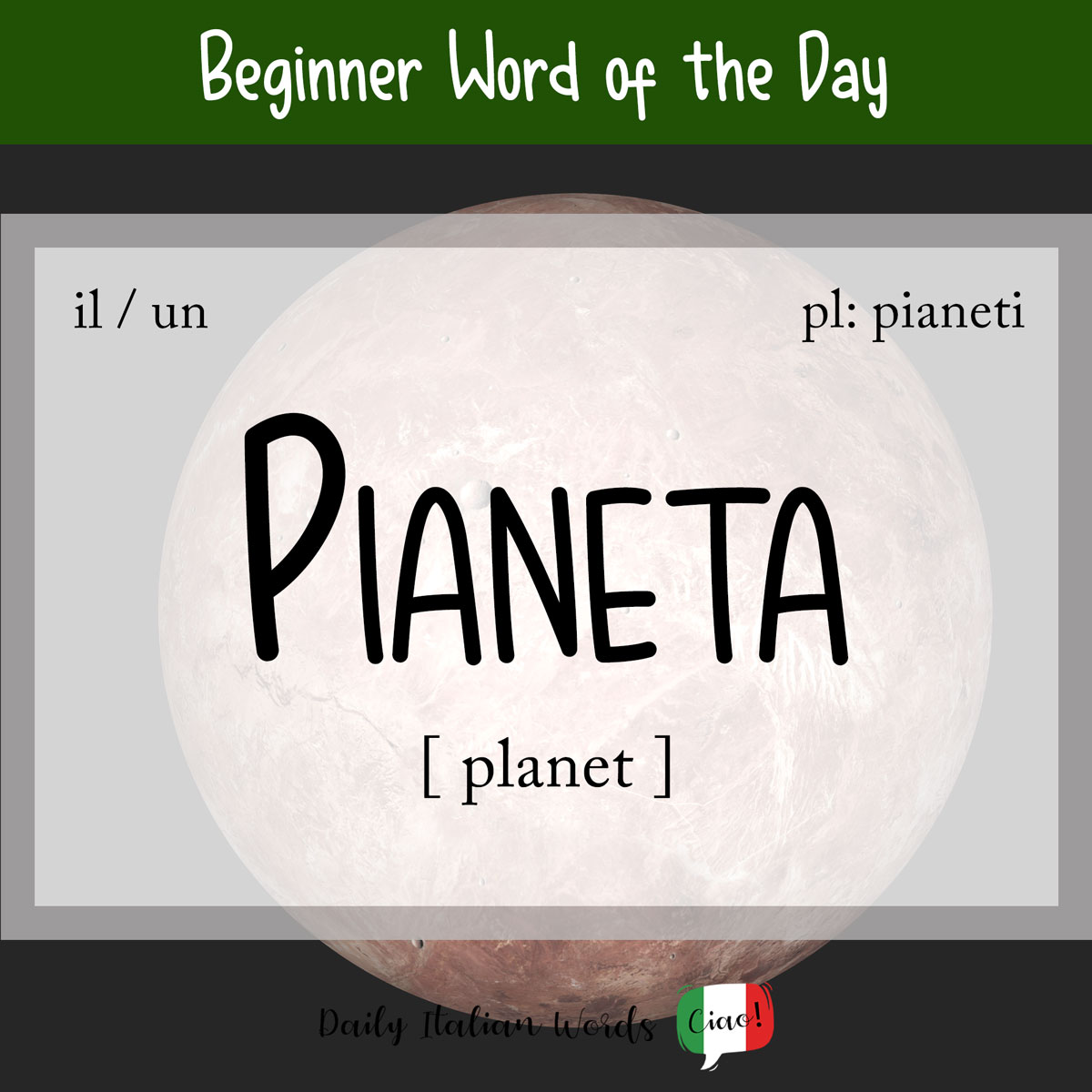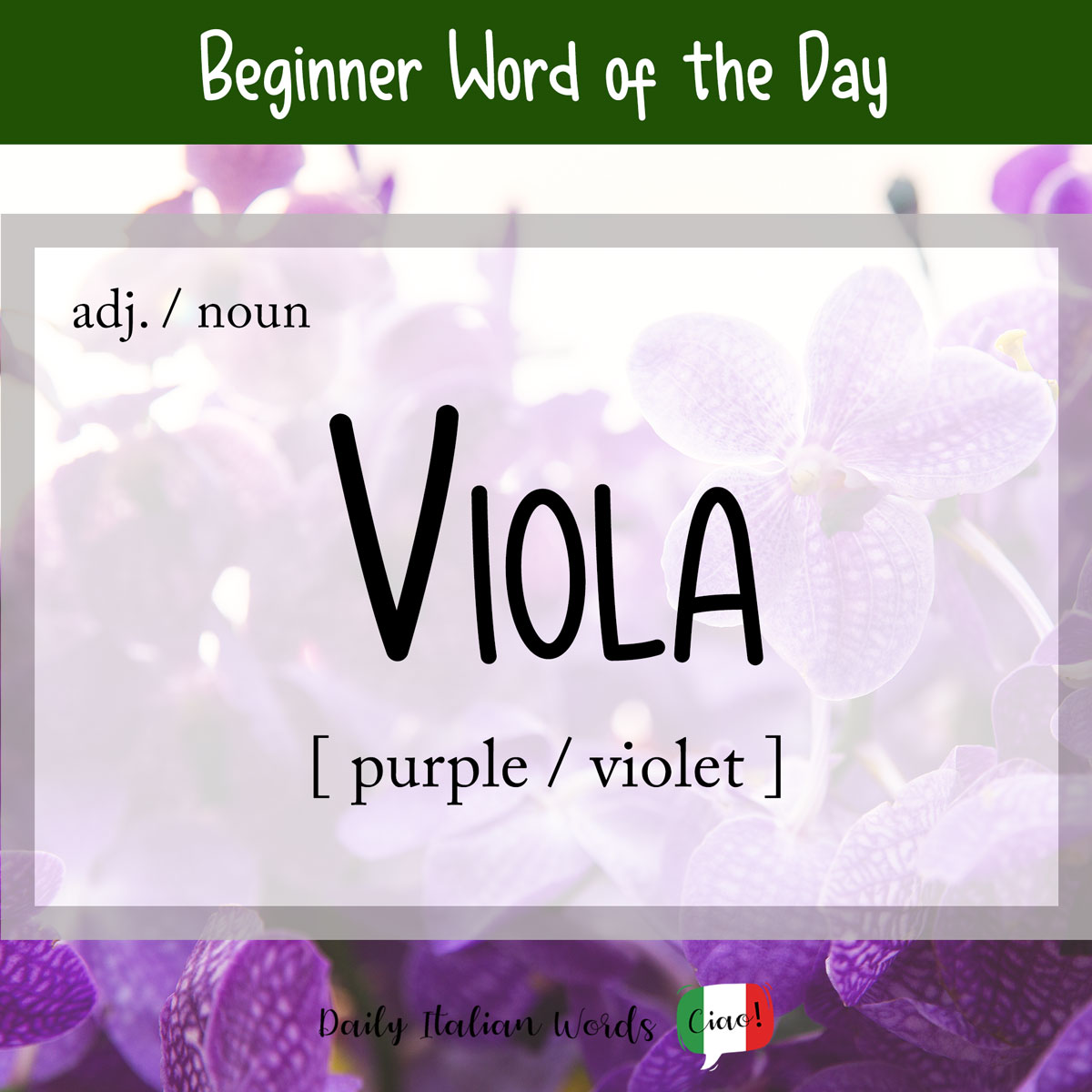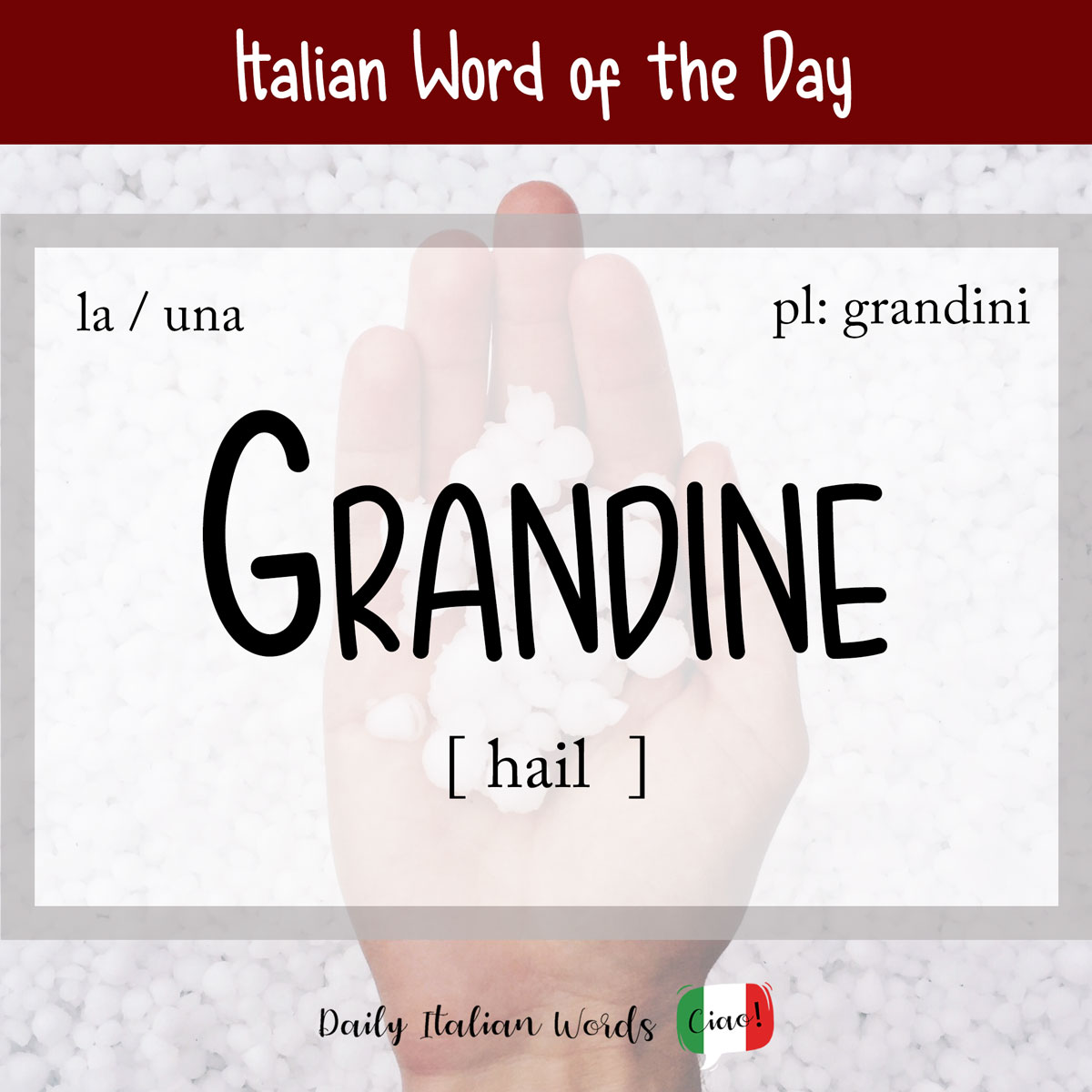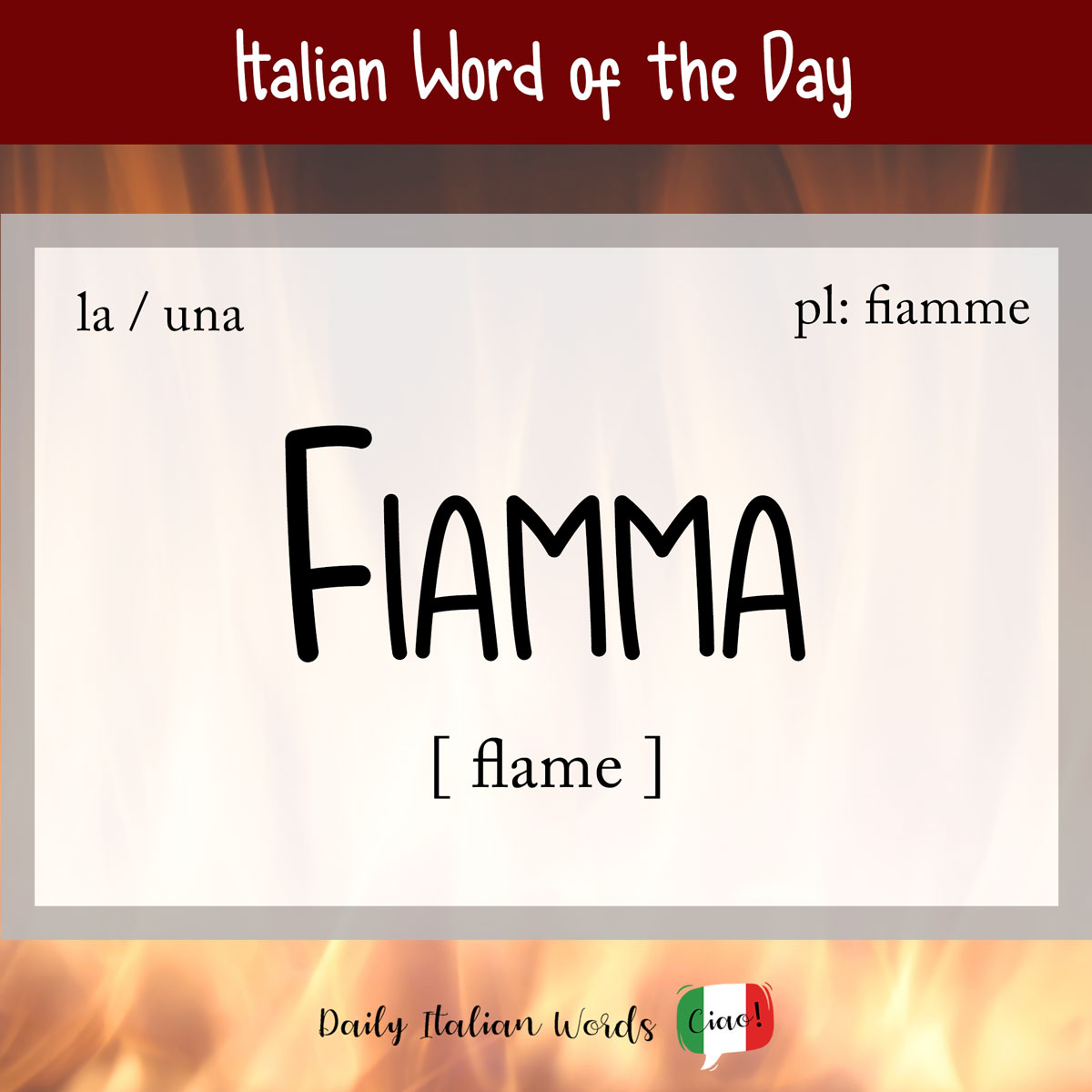Italian Word of the Day: Terremoto (earthquake)
The word for the terrifying natural phenomenon known as an earthquake is terremoto in Italian (masculine, plural: terremoti), which comes from the Latin terrae motus meaning ‘movement of the earth’. It is a masculine noun that takes the following definite and indefinite articles: An earthquake occurs when pressure, building up within rocks of the earth‘s …






